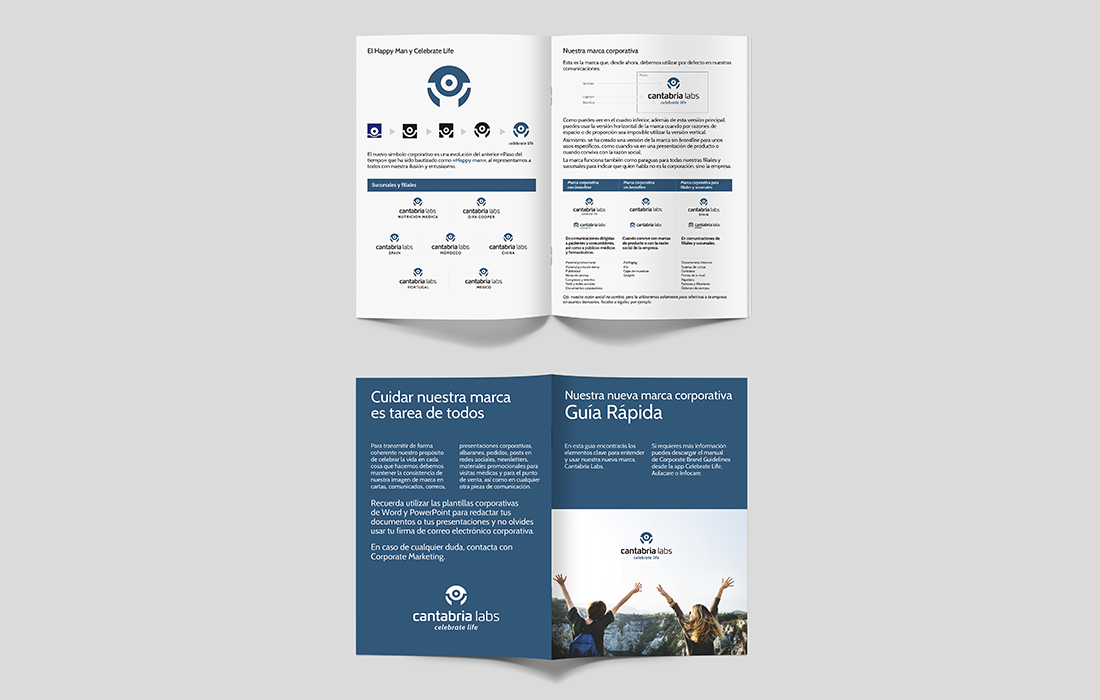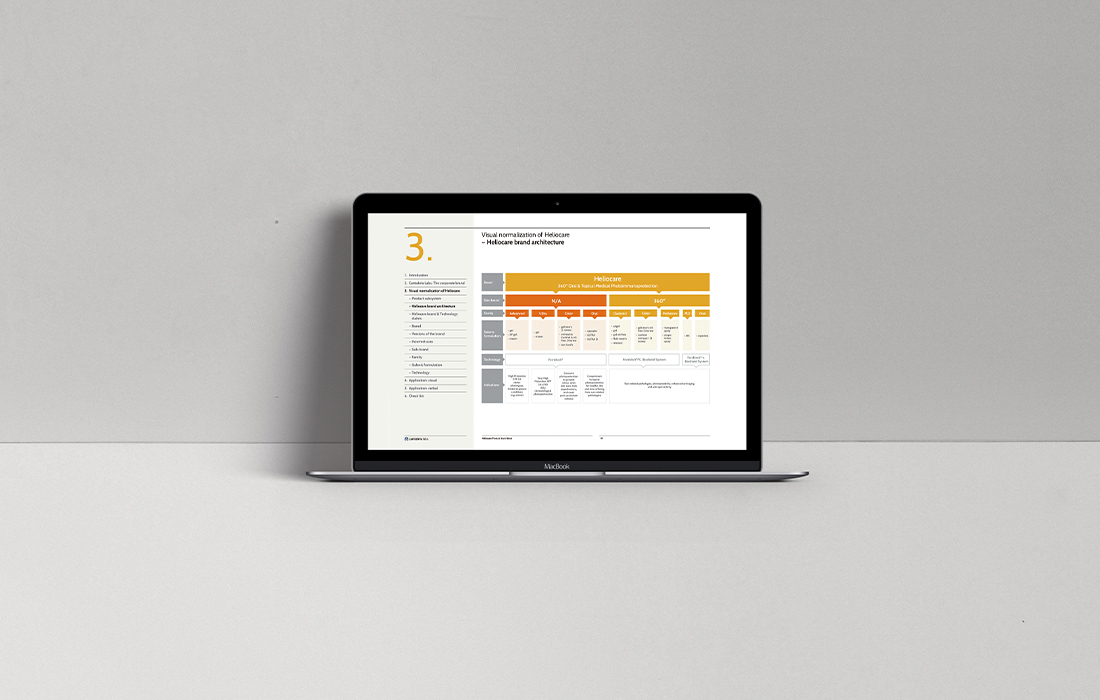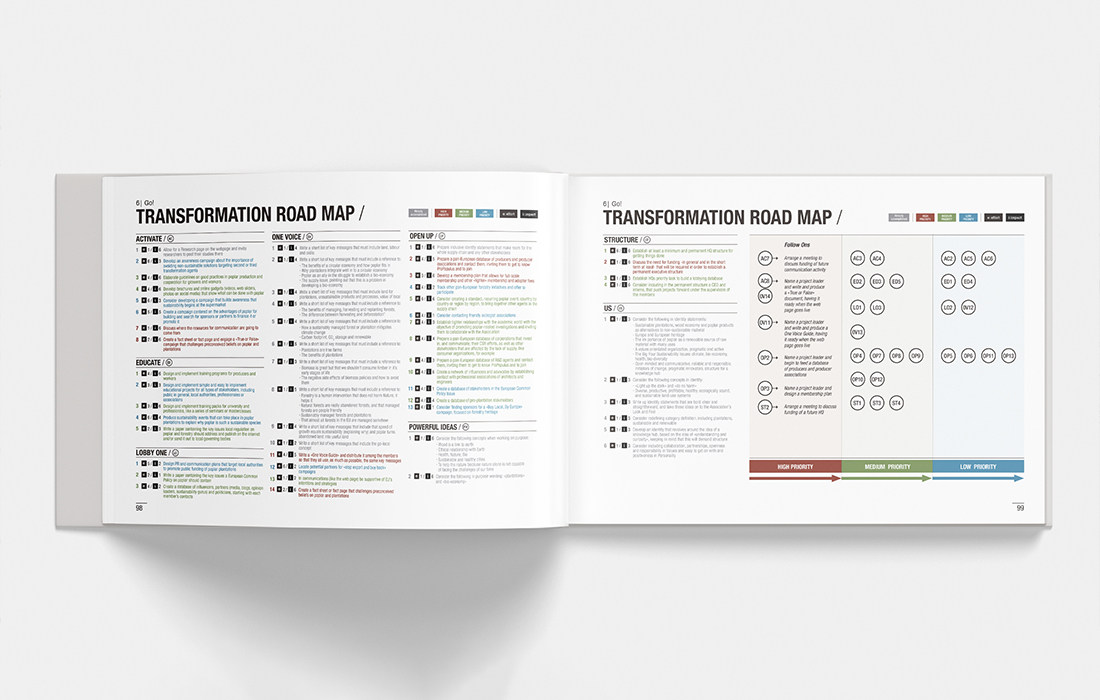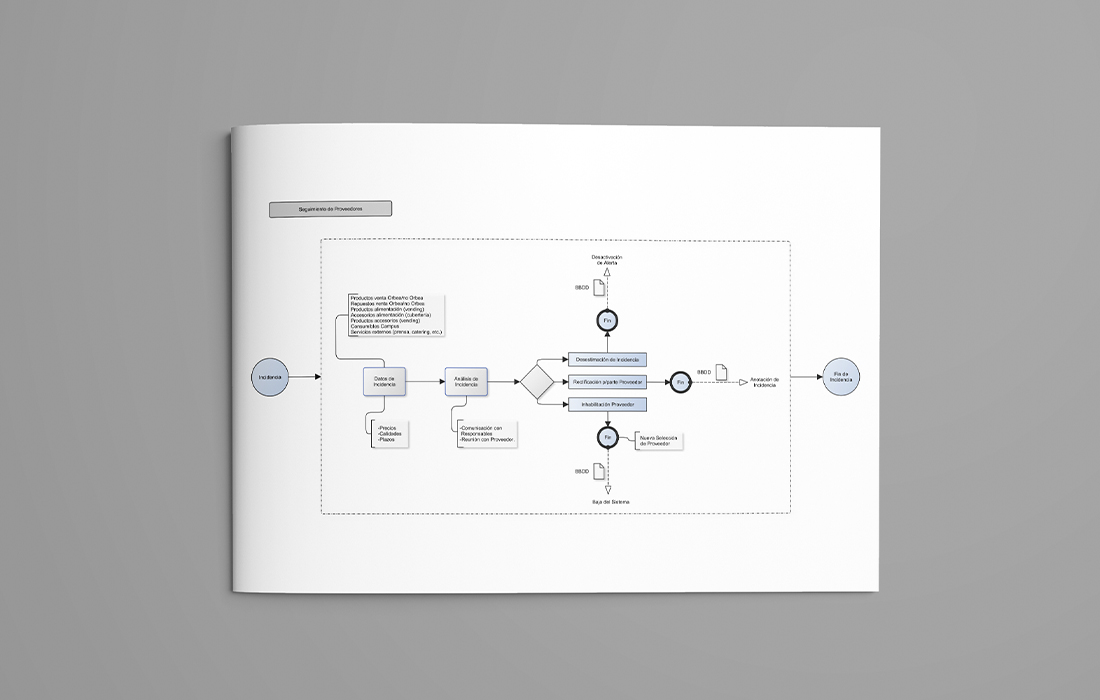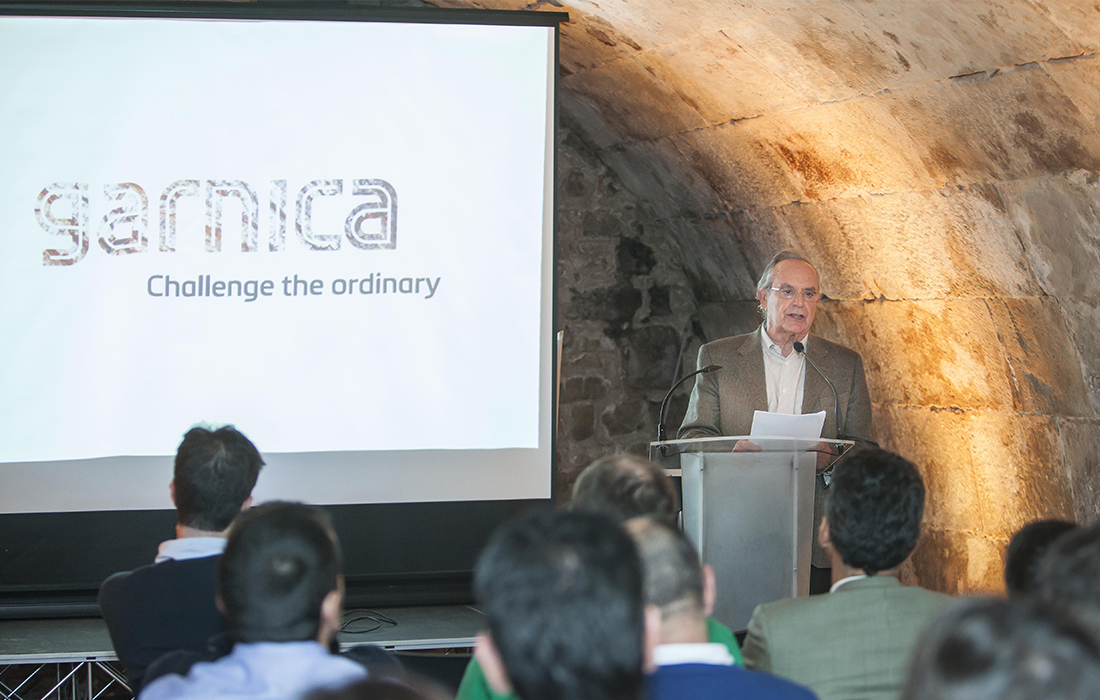
17 Jul The dilemmas posed by telecommuting: Communication, remuneration and regulation
Whiplash Team, July 17th, 2020
The dilemmas posed by telecommuting: Communication, remuneration and regulation
The lock down forced by the pandemic lead to an enormous leap in the application of teleworking in the private and public sectors, in institutions and in education. Today, as the new normal begins, the adoption of remote work is a real alternative beyond the health crisis for many companies. This possibility gives rise, inside and outside our country, to various parallel debates: on regulation, on remuneration, on the relocation of employment, on the disengagement of the employee with the team, the company and with the brand. Logical discussions confronting an unexpected reality and which leads us to rethink the place of the individual within the organization.
Teleworking is the order of the day. The pandemic has demonstrated that it is not only a viable solution for many companies to remain operational in critical situations, but a method that brings benefits to the organization, employees and the environment as well as cost savings and reducing travel times and pollution.
In the case of many positions within the staff of organizations, remote work is a formula that allows companies to hire the best talent available regardless of their location. Obviously, not all jobs can be carried out from home, but for those whose functions are primarily performed behind a computer screen, it is a more than a viable option.
However, discrepancies arise between what management positions and employees think about productivity and telecommuting. Recently, the consulting firm Vision Critical surveyed its clients’ executives and employees and found that 50% of executives believe employees are most effective working from home versus only 9% of employees who feel the same way.
These results highlight the importance of what has been called Voice of Employees and which discovers the gaps between employee’s and management’s expectations and opinions, and that may affect the company’s policy, practice, and morals. Thus, the exchange of opinions between one and the other is essential. Something that is not simple when working remotely as when one meets in the hallway, in the elevators or at the bar for coffee. Distance hinders non-work communication. But only if organization managers understand what situations their employees face will they have the ability to be empathetic and offer solutions to boost productivity, growth and success for the company and employees.
Javier Fernández Aguado, partner and director of the consulting firm MindValue and director of the Management Cathedra Fundación Bancaria la Caixa at IE pointed out in his interview in the series Positive change for the day after that “From the point of view of organizations, I think it is time to rethink putting the person at the centre of the organization. Organizations are for people, not people for organizations. Therefore, we have a great opportunity to start designing a proper pattern in which we must remember that every organization, public or private, must have the person at the centre “.
Meanwhile, both at a local and a global scale, many companies are choosing to adopt telecommuting on a permanent basis. In Spain, ING announced on June 10th that it will implement a 100% free teleworking model for its more than a thousand professionals in the country, making this bank of Dutch origin the first large company to announce the indefinite commitment to the model. In the United States companies such as Google, Facebook, Twitter and many of the tech giants have extended the option of teleworking even after offices and corporate headquarters have been formally opened.
In fact, in the case of Facebook, Mark Zuckerberg, who is convinced that in the medium term 50% of his company’s workforce will work remotely, has announced a new hiring policy for telecommuting. Among other things, he raised the possibility to apply for indefinite teleworking for employees with strong seniority and good evaluations. But the proposal has a twist, because anyone who decides to move out of the Silicon Valley area will face a pay reduction based on where they decide to move. Still, many workers have opted for teleworking because it allows them to move to areas not only less expensive but also with lower population density, less traffic and higher quality of life.
The premise behind Zuckerberg’s approach is remuneration based on adjustments for the employee’s cost of living, which raises an interesting debate. Should companies that allow teleworking pay their employees based on their location? I.e., should an employee who does the same job earn less salary because he has decided to live in a town where the cost of living is lower than in a big city?
As software author and producer Blair Reeves explains in his article Why You Shouldn’t Pay Remote Workers Based on Where They Live this implies penalizing workers for their life choices. Because if the employer is indifferent as to where the worker is – they no longer go to the office – and they both do the same work from their respective homes, what is the difference if one has decided to live in a big city and the other in a small town. The first has decided to invest some of his salary in defraying the costs associated with living in a city, while the other has decided to devote that money to other things. Whatever these may be.
On the other hand, in Spain, where according to data from the National Institute of Statistics before lock down less than 5% of workers were teleworking on a regular basis, and during the health crisis the ratio rose to 34%. The Government is working on a law to regulate the conditions of remote work to prevent that some operational costs of the company move to the employee, such as Internet, electricity.
In fact, the Minister of Labour and Social Economy, Yolanda Díaz, has confirmed that the new law on teleworking will have a list of expenses that companies will have to bear. “Expenses that we are now assuming in teleworking have to be paid by the company. We’re going to make a list that the entrepreneur has to accommodate undoubtedly. It’s likely to go with bills, for proportional parts of supplies,” she said in an interview with a digital newspaper.
The CEOE and Cepyme, on their hand, reject the text of the preliminary draft because, they say, it strays from “the reality of the production network and the needs of companies and workers, which far from encouraging with guarantees the use of this form of organization of work could discourage its implementation in Spain and slow down its consolidation”. In short, if it becomes too difficult to implement teleworking, it is possible that regulation instead of providing a comfortable and fair framework for all parties, could turn it into an impediment. Employers insist that the necessary debate on regulation on a working method that according to many experts will become the norm for many industries has not yet begun.
For Fernández Aguado the issue is clear: “within companies there is a point often overlooked, that is that companies will be sustainable insofar as we find that harmonious balance between economic efficiency and social efficiency. Economic efficiency is obviously the results, there is no company if no money is made, but, coupled with this point, social efficiency must be taken into account.”. For him, all this implies that “companies have to think clearly about creating the conditions of possibility for the honourable life of all stakeholders.”
Meanwhile, teleworking continues its advance across the globe. Cities have noticed a steep decline in their pollution levels as fewer cars are on the roads and a drop in energy consumption levels. Employees, for their part, learn to find the balance between their personal life and the hours they devote to work, while companies are looking for ways to harmonize the overhaul of spaces, the need to generate benefits and the optimization of the conditions of their employees. The future has reached us, now it is a matter of applying technology with business ethics.




